
Brendan Gallagher continues his series looking at rugby’s great schools

KING’S Canterbury, save for brief periods in their sporting history, can’t claim to have always been among the first rank of rugbyplaying schools in England but they have always been a presence and, my god, they have produced their share of interesting eclectic characters.
Two early stars, alas, didn’t survive World War 1. Bung Watson was an electric wing who played for the First XV at the age of 15 before his family moved to Scotland. He later studied medicine at Edinburgh University, played three games for Grand Slam-winning England in 1914 but was killed later that year when HMS Hawke, where he had been appointed surgeon, was torpedoed in the Atlantic.
Roland Gordon, meanwhile, was a talented centre at King’s in 1909 and 1910 and had won three Scotland caps in 1913 before taking up a posting in India. He returned to fight in various theatres of war during World War 1, was seriously injured on three separate occasions and was finally killed at the second battle of the Somme in August 1918.
A contemporary of Gordon was Fred Housden, a stand-out scrumhalf in the First XV in 1910 and 1911 as well as being the school’s pre-eminent athletics all-rounder, captain of Fives, a talented pianist and a brilliant mathematician who won a scholarship to Peterhouse College Cambridge.

The best part of 60 years later the remarkable Housden was credited as being the athletics coach who refined David Hemery’s hurdling techniques which led to Olympic gold in Mexico City, 1968.
After World War 1, in which he won an MC on the Western Front, Housden returned to King’s to coach the First XV before moving to Harrow where he concentrated on athletics, both coaching and competing – he was a AAA pole vault champion and would demonstrate both pole vaulting and hurdling techniques well into his 70s.
As for the hurdling technique, Hemery explains it as follows: “What Fred taught me to do was to make the high point of my hurdling leg two or three inches before the hurdle so I was just on the way down as I crossed it. In effect he made me step over rather than hurdle and that encouraged me to snap my leg down. He was a great coach.”
Another noted King’s player before World War 1 was Arthur Fleming-Sandes who was a standout member of the 1912-13 side as well as the school’s star linguist. Like so many he soon found himself on the Western Front – with the East Surreys – and was awarded the VC for his action at Hohenzollern Redoubt on September 29, 1915. Finding his platoon pinned down by heavy fire he armed himself with bombs and grenades and twice charged the German machine gun emplacement just 20 metres away.
Although severely injured he continued his attack and took out the German gunners. In later life he became a District judge in Sudan and on one occasion his house was burgled and ransacked and stripped of everything of value… except his Victoria Cross.
A second outstanding King’s rugby player, and indeed boxer, to win a VC was lieutenant Peter Roberts who helped defuse a bomb on HMS Thresher –a submarine – in enemy waters off Crete on February 16, 1942.
Through the long lens of history the golden era of King’s rugby was unquestionably between 1956 and 1964, eight seasons of high quality rugby that saw just six defeats despite an ever-strengthening fixture list. During four of those seasons the side went unbeaten – 1956, 1957, 1961 and 1963 – and there was quality everywhere.
As you might hope from a school that has produced wordsmiths as diverse as Christopher Marlowe, Somerset Maugham, William Pater and Paddy Le Fermor there were a number of budding writers in the side and indeed two of them teamed up in the centre.
MAB Morpurgo is now better known as children’s author Michael Morpurgo who gave us War Horse which was later to get the full Hollywood treatment.
The Cantuarian records that, “in attack as well defence MAB Morpurgo was consistently steady at left centre. Maybe he is just a little lacking in speed but he was a good link in the line and played with great resolution.”

Alongside him in the midfield was a young centre Seb Barker – younger brother of the team’s brilliant wing Chris who played regularly for Rosslyn Park while still at school. Barker junior was to become the team’s totem pole figure over the next two or three years and was to achieve considerable acclaim as one of Britain’s most accomplished modern day poets. More of which anon.
The culmination of this era of domination was the 1963-1964 season when the side were unbeaten against all schools while they also accounted for strong A teams from senior clubs such Blackheath, Rosslyn Park, Harlequins and Richmond. In the space of three days while on halfterm tour they accounted for Ampleforth and Sedbergh and totted up another notable road win at previously unbeaten Tonbridge. Impressive stuff by any criteria.


Throughout this period and indeed onwards until 1975 the man in charge of rugby was the former Kent and Middlesex ricketer Colin Fairservice who joined the school in 1954 after a spell coaching at Stonyhurst.
More recently there was a heartening revival of fortunes in the early 1990s which culminated in a second Rosslyn Park title, this time the Festival which was introduced in 1970 for schools who play just one term of rugby. The side was based around their England U19 back rower Myles Orsler who ruled the restarts – both receiving and chasing – the pure gas of Roger Gardiner who scored 14 tries in the tournament and the allround excellence of skipper and goalkicker Ben Craddock who was also the best batsman the school had produced in a good while.


King’s had bombed the week before at the Surrey Sevens and as the school magazine acidly phrased it were back home from Richmond in time for afternoon lessons. Ouch!
But at Rosslyn Park they were on the case from the start with pool wins over King’s Taunton, St Paul’s, Grenville and pre-tournament favourites St Bees. On the second day King’s marched into the final, beating Taunton 19-0, St David’s 35-10 and a strong Christ College Brecon side 21-7.
They then stormed into a 21-5 lead over Blundell’s in the final before they suddenly hit the wall after an exhausting 48 hours and conceded two quick tries which left them defending their line. King’s dug deep and eventually the final whistle blew and they were home and hosed 21-17. Later that year the headmaster organised a dinner for the squad with the heroes of 64.
There have been ups and downs since then but still they produce interesting players. Charles Watson is this year’s Cambridge University skipper while Lucas Lacamp has just broken into the USA Eagles Sevens squad. Meanwhile Ludo Kolade, also a member of the Harlquins Academy, represented England U18 against Italy earlier this year.







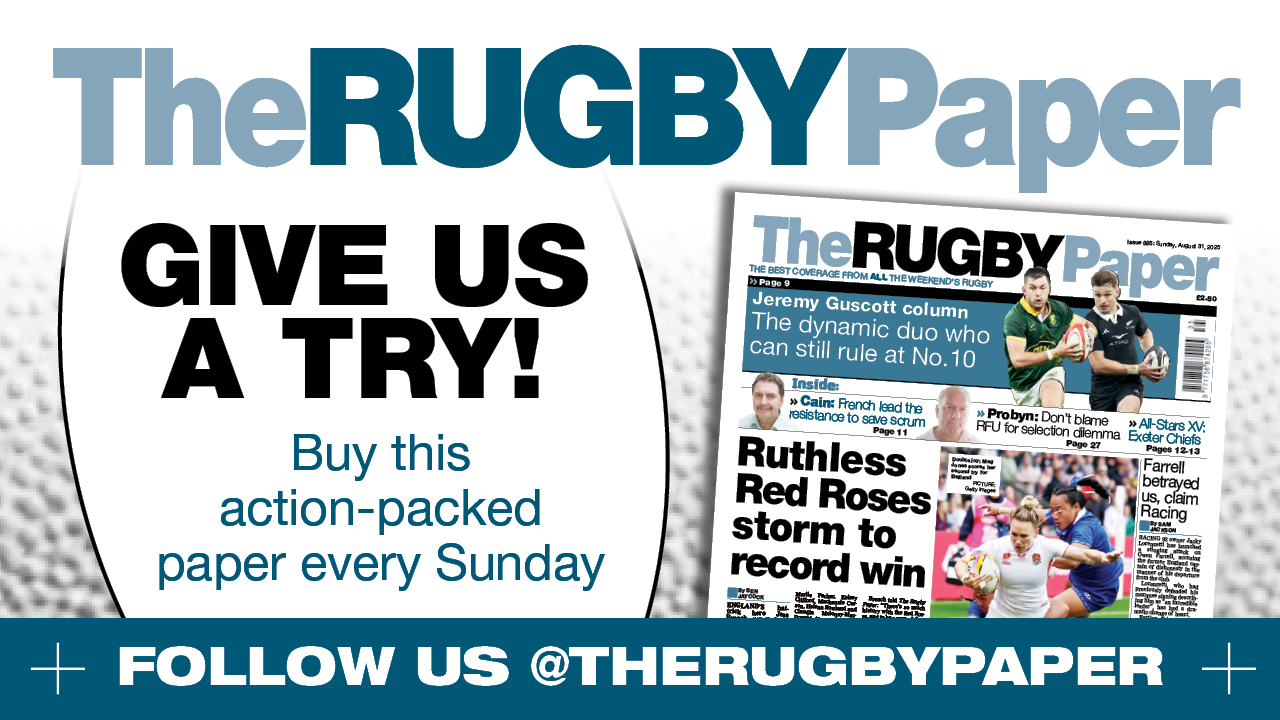











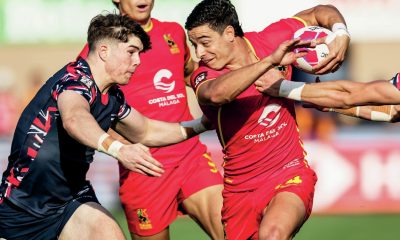

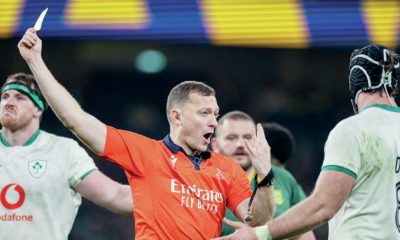

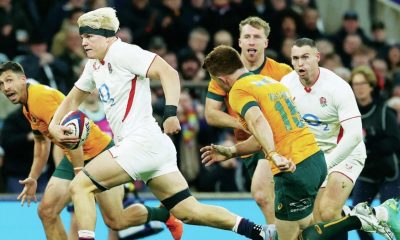

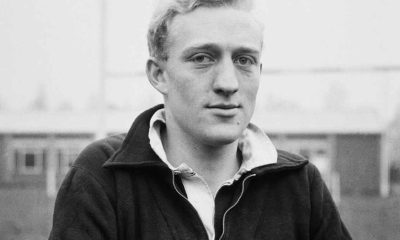




Pingback: have a peek at this web-site